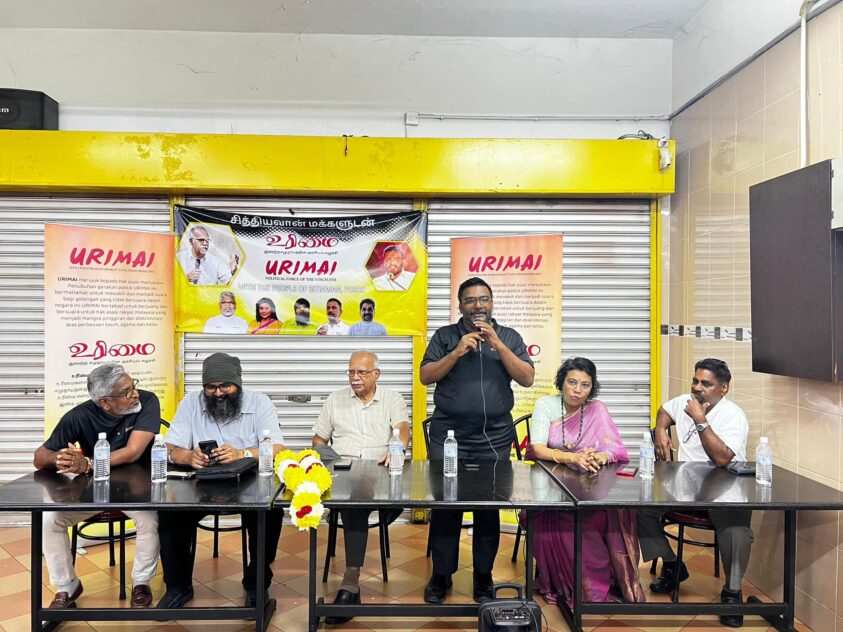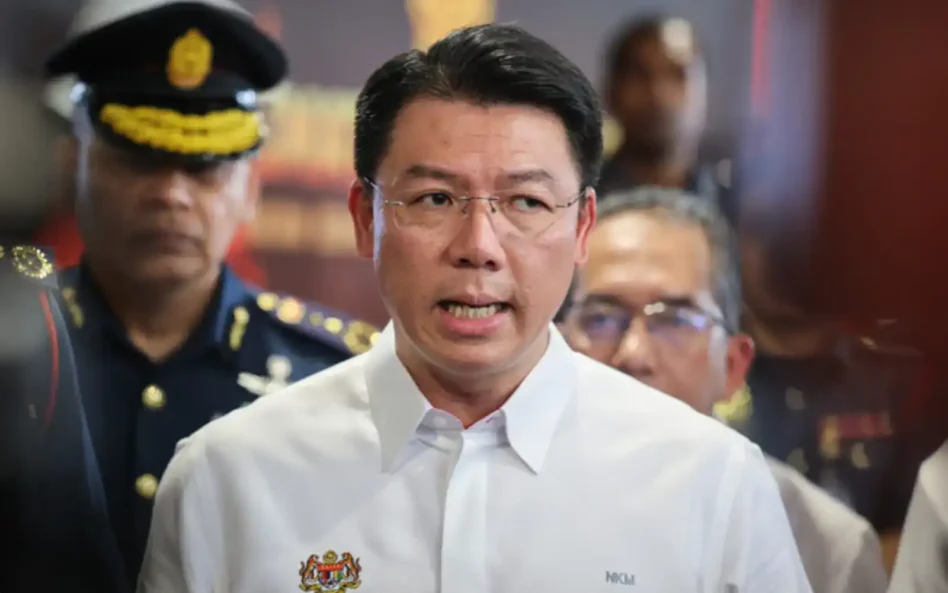By Devanesan Evanson
BLACKROCK, the world’s largest asset manager, is perfectly entitled to vote against the re-election of all six independent non-executive directors (INEDs) of Top Glove Corp Bhd based on the environmental and social issues.
Every shareholder has the right to make a subjective evaluation of a given situation and to vote based on that subjective evaluation.
The fact that this is a subjective evaluation is evidenced by the fact that there are other institutional investors who did not vote against the re-election of the INEDs.
Such subjective evaluation will take into account the past incidents, the current state of affairs and the future commitments made by a public listed company (PLC) which has an issue.

Better institutional investors have internal mandates to guide them on how to vote in a given situation.
Blackrock must be commended for the clarity and transparency of their thought process and voting decision and the rationale for their voting decision through their Vote Bulletin; it elucidates, educates and influences.
It is hoped that more local institutional investors – as they have the voting power to bring about change – will emulate something similar to the Vote Bulletin.
Investors can show their displeasure in a number of ways or a combination of these ways.
Strict standards
Institutional investors have the privilege of a private audience with the PLC during which time the institutional investor will convey their displeasure and the consequences if remedial action is not taken in a timely manner.
Or the institutional investor may show their displeasure by voting against certain resolutions at general meetings; sometimes stating their reasons for their vote (as with Blackrock).
As an extreme show of displeasure, institutional shareholders may sell-down their shares in the investee company, a form of market discipline; this can be painful to the share price and to the reputation of the PLC.
Again, the fact that not all institutional investors generally react by selling-down the shares indicate the subjective nature of the decision making process based on the state of affairs of a PLC (that has an issue).
The environment, social and corporate governance (ESG) yardstick is a growing concern worldwide, especially in the sphere of human rights, social governance and climate governance.
Companies that do business abroad and whose investors comprise foreign institutional investors are particularly vulnerable to the standards set by the foreign governments and foreign institutional investors.
In extreme cases, foreign governments can stop exports of the PLC’s products (certain glove companies and oil palm exporting companies) and foreign institutional investors will sell down their shares as an ultimate show of their displeasure.
PLCs which are reliant on exports and have institutional investors (especially foreign institutional investors) will have to abide by the standards set by them if they wish to maintain the foreign patronage. – Jan 7, 2021
Devanesan Evanson is the CEO of the Minority Shareholders Watch Group, an independent research organisation to encourage good governance among public listed companies with the objective of raising shareholder value over time. He can be reached at [email protected].
The views expressed are solely of the author and do not necessarily reflect those of Focus Malaysia.










